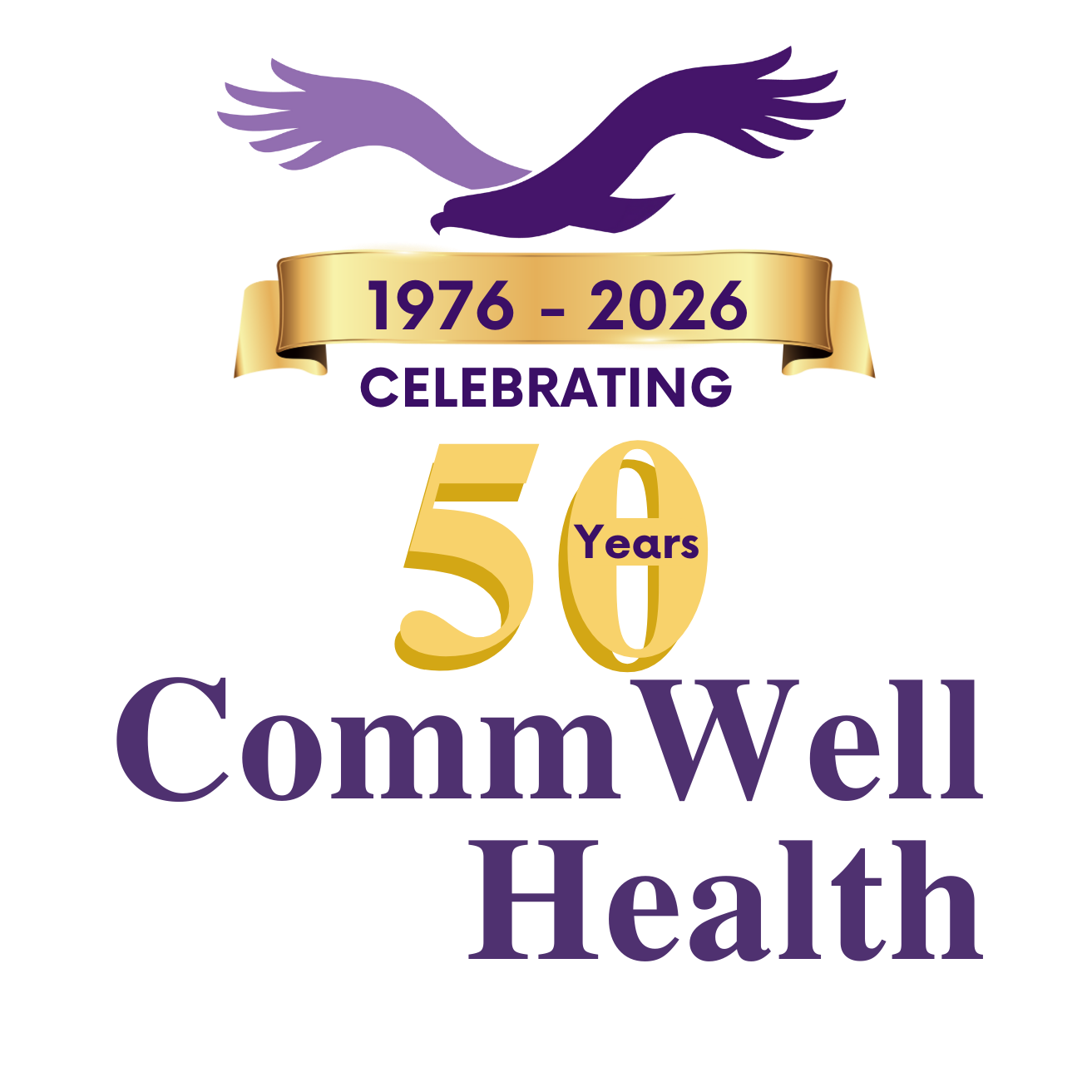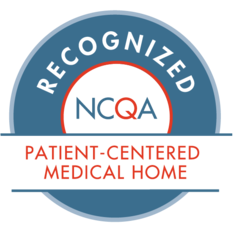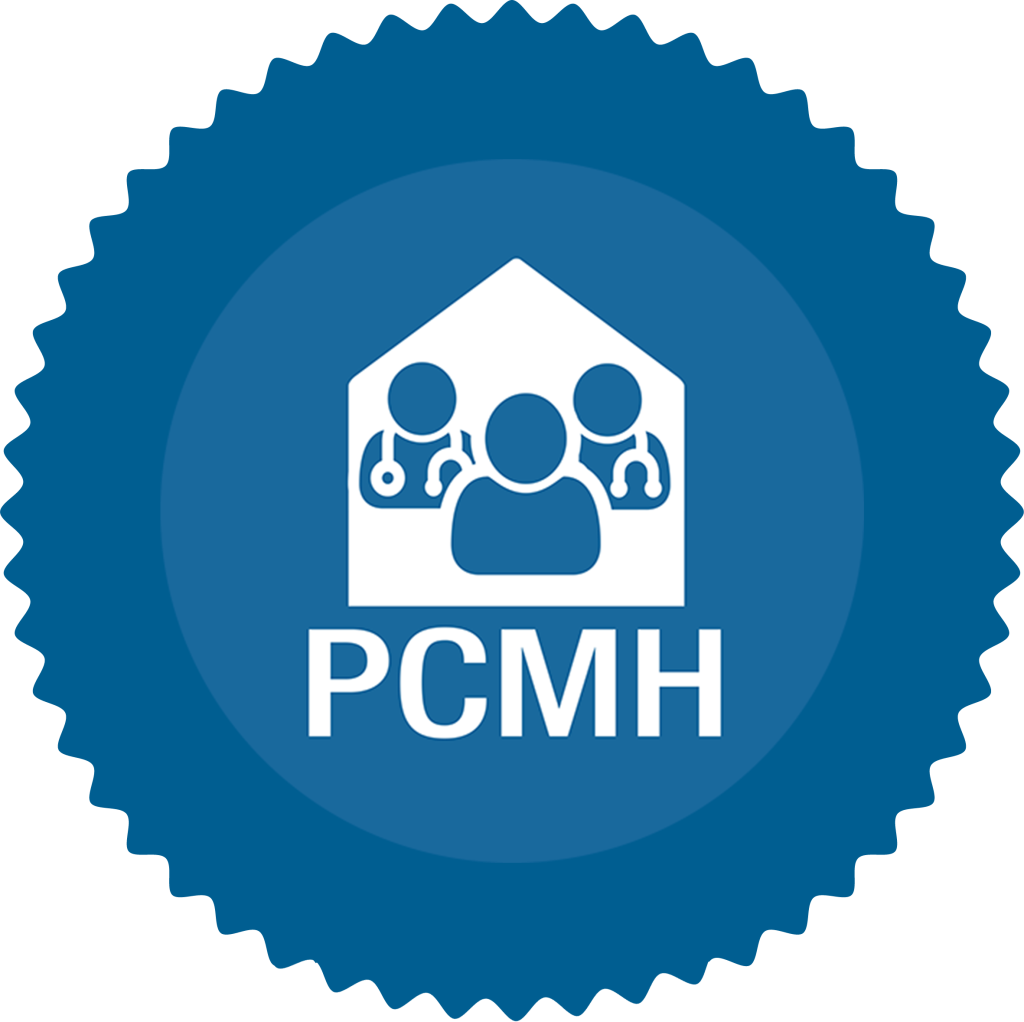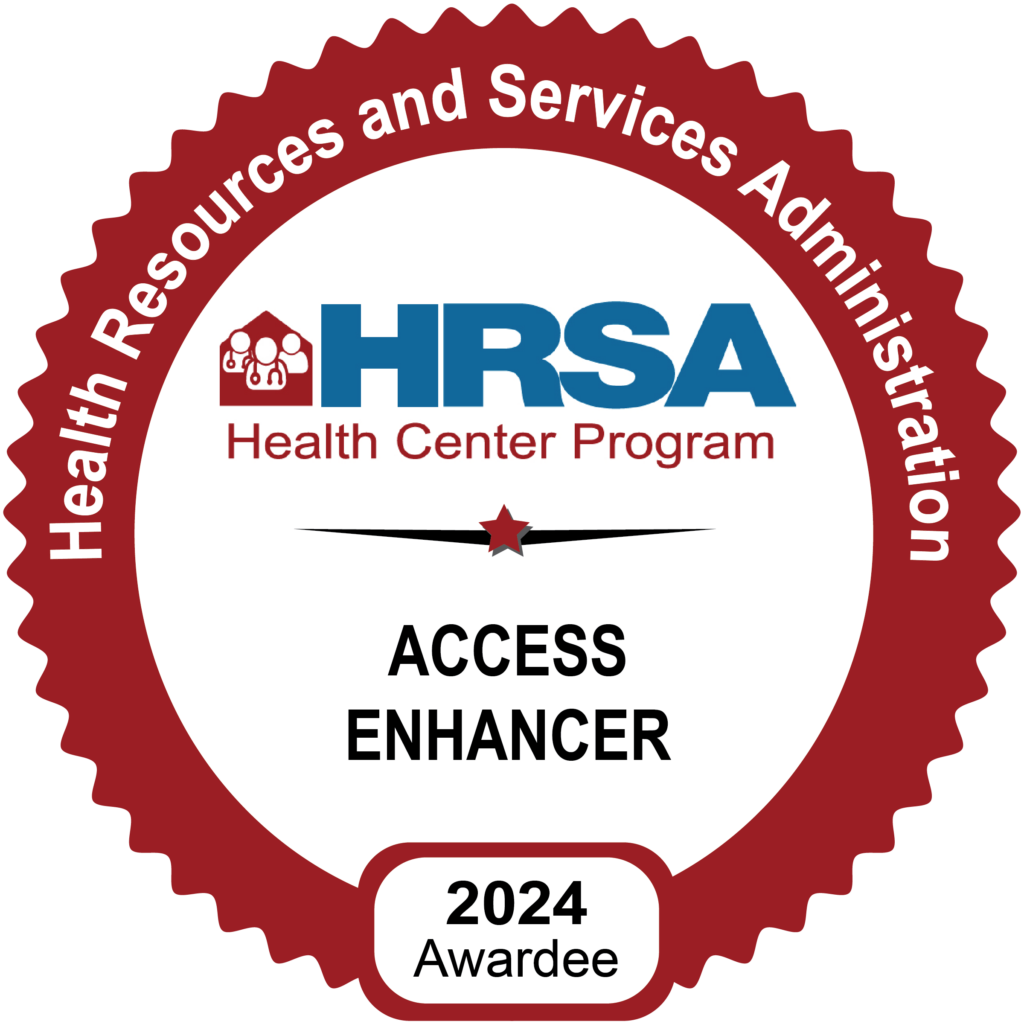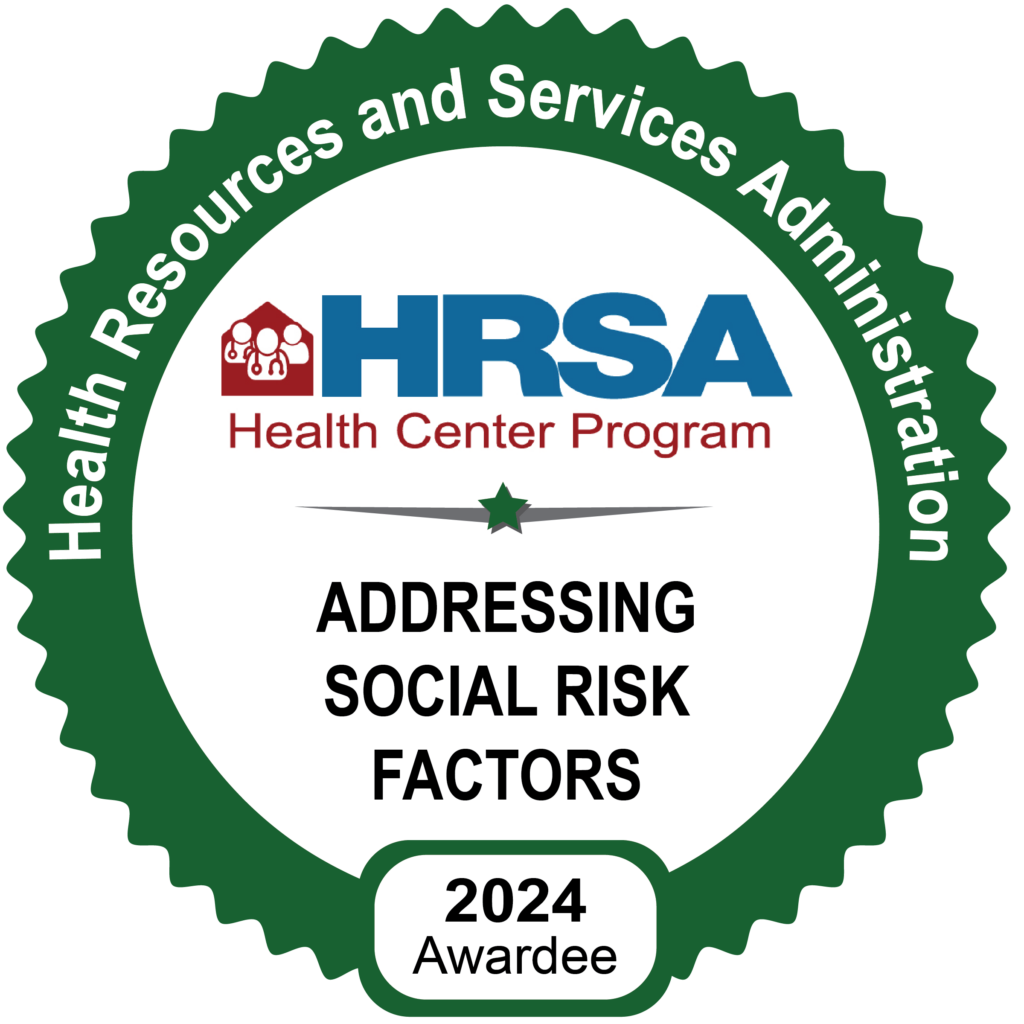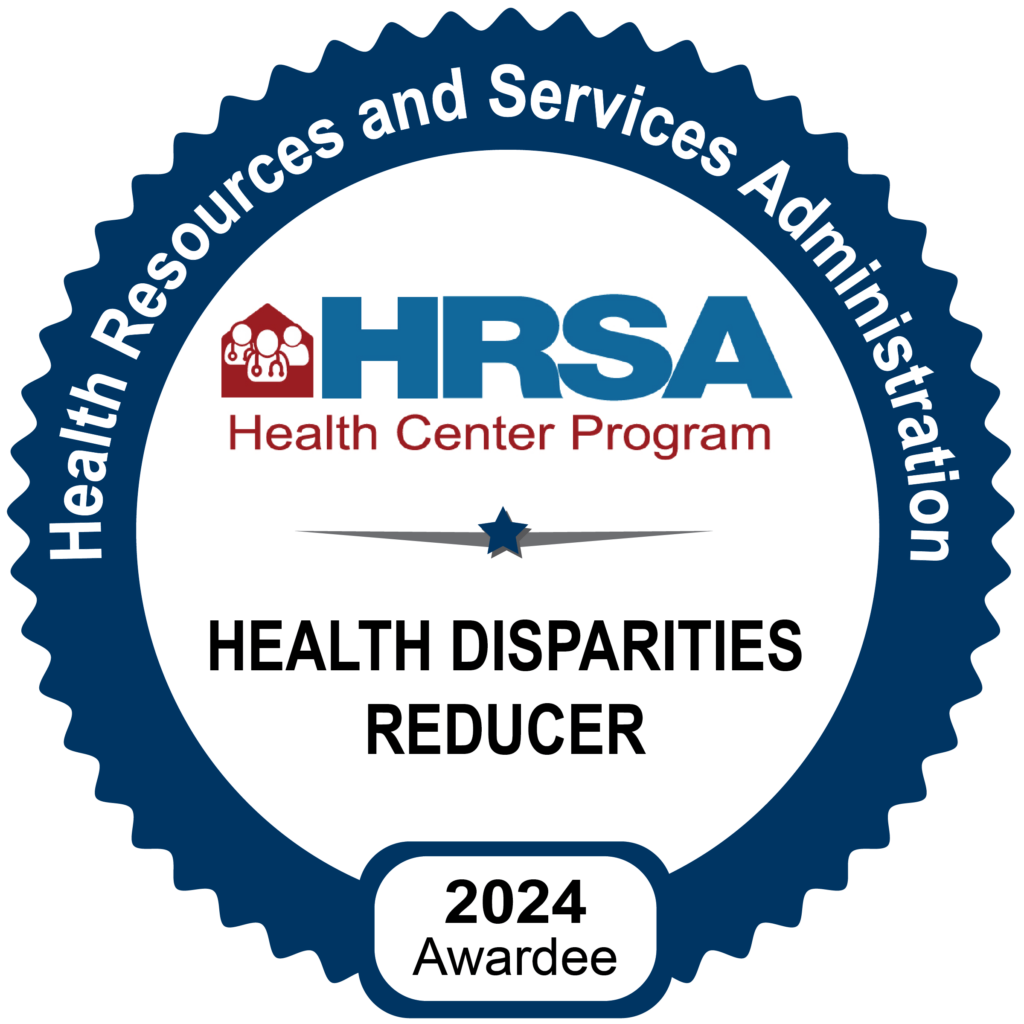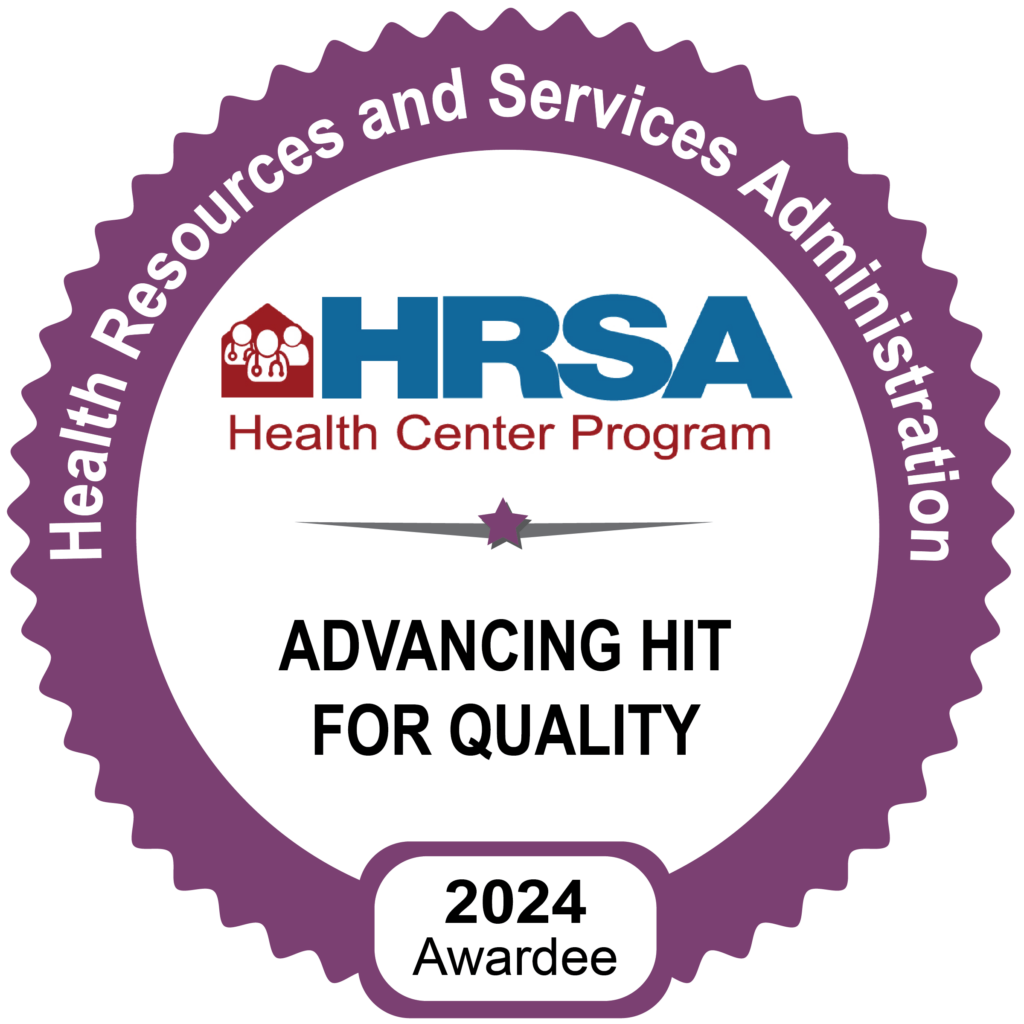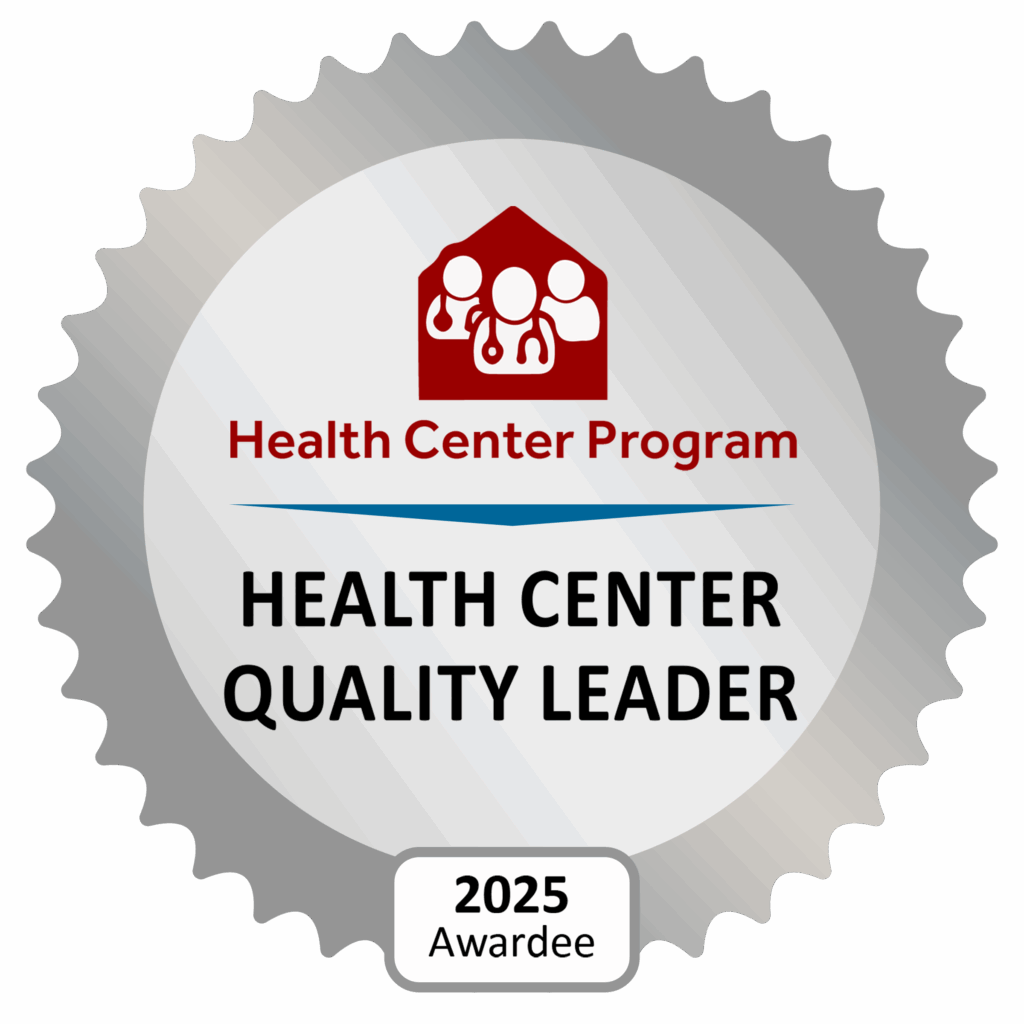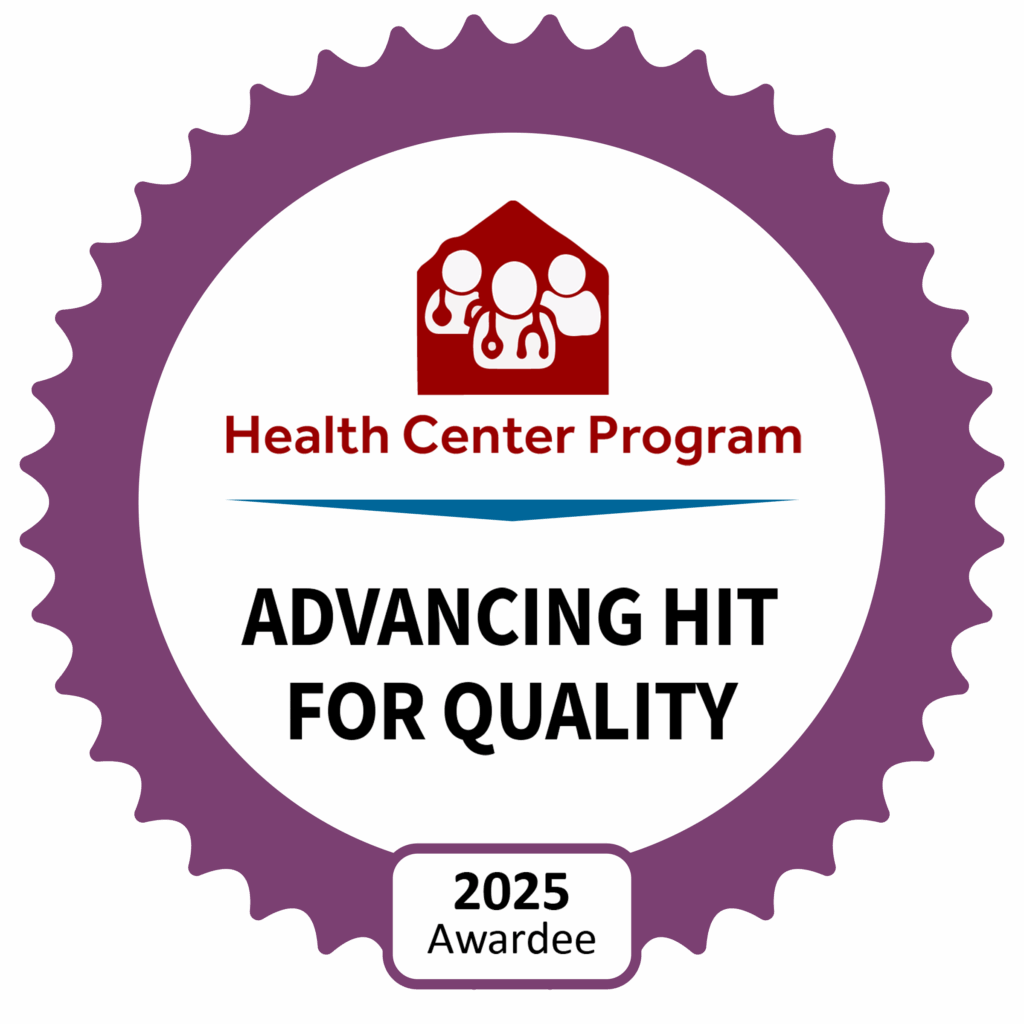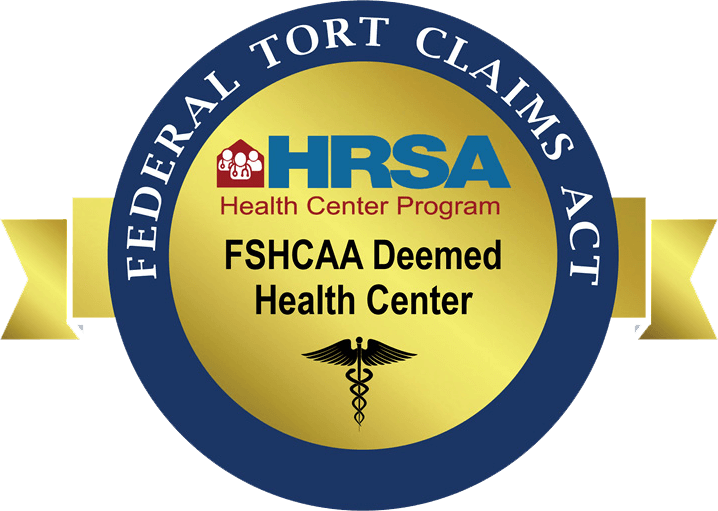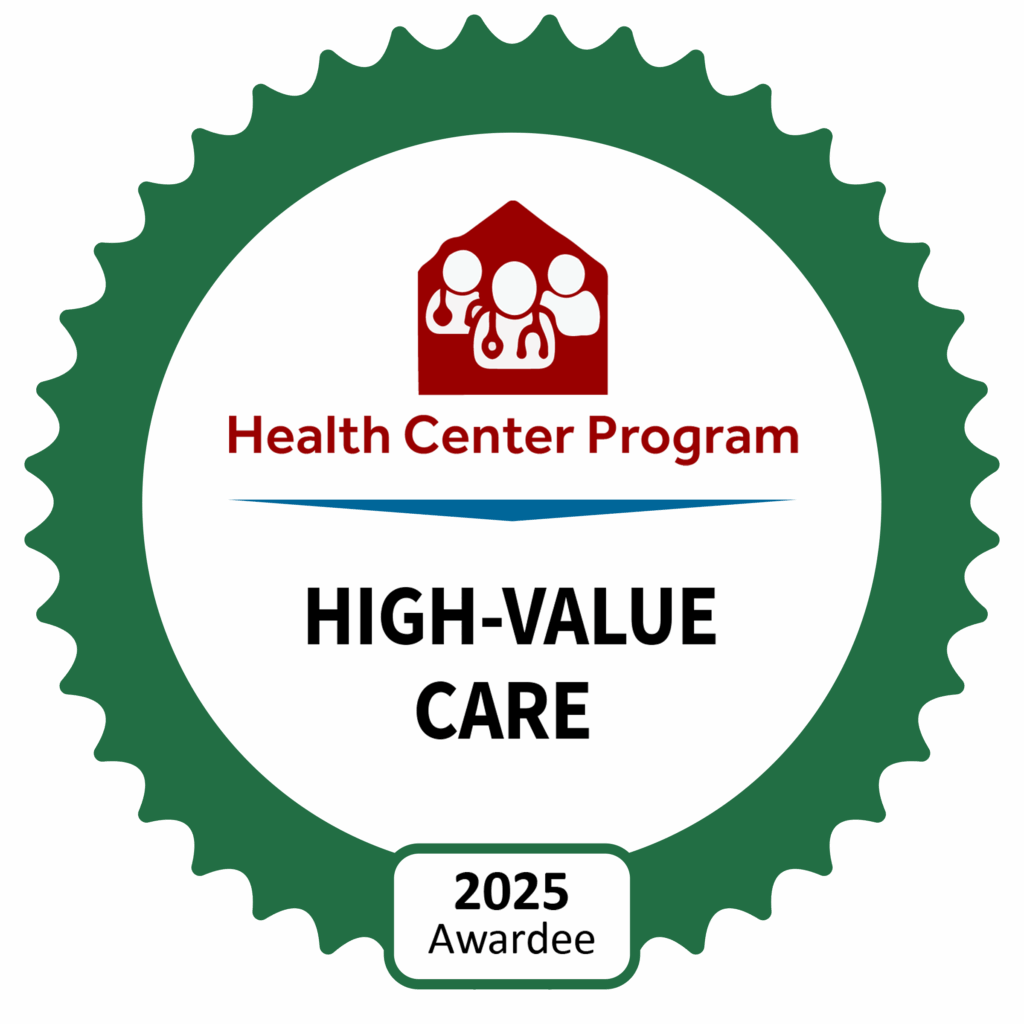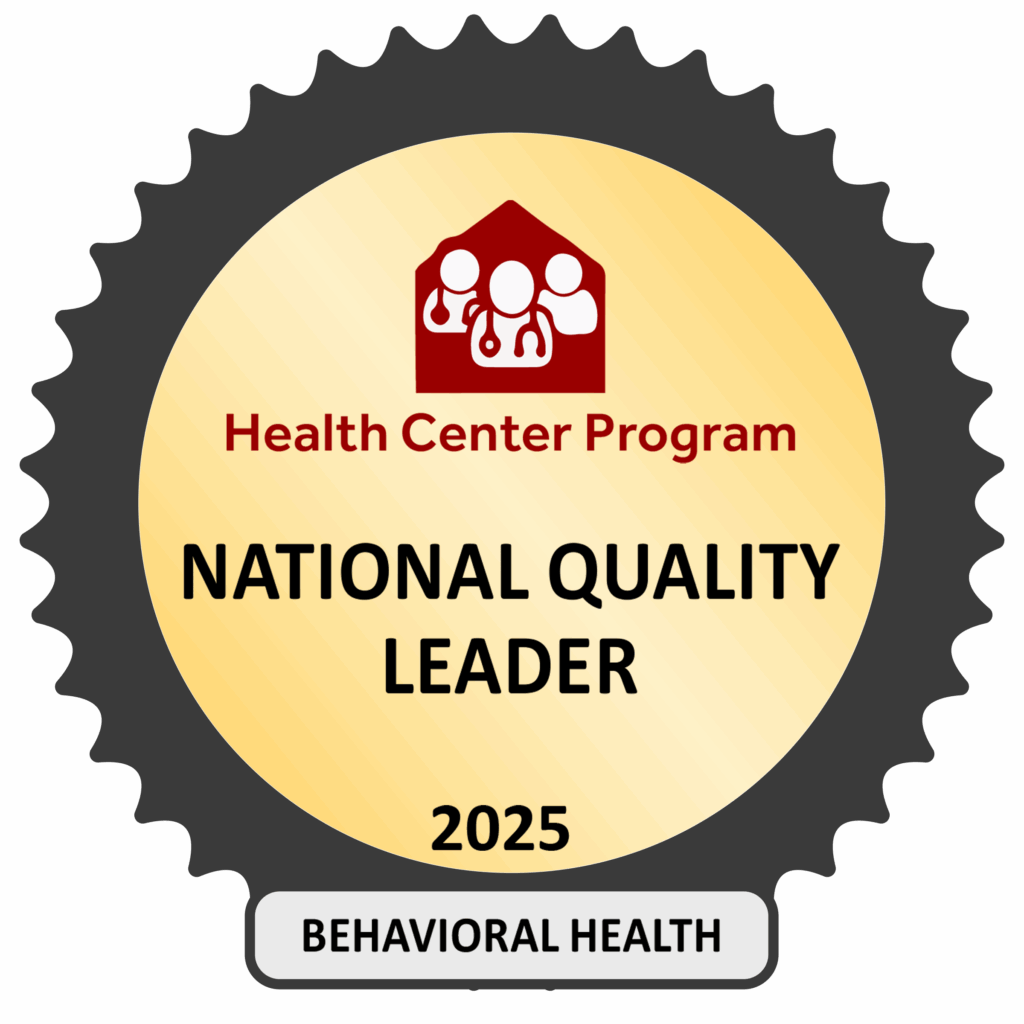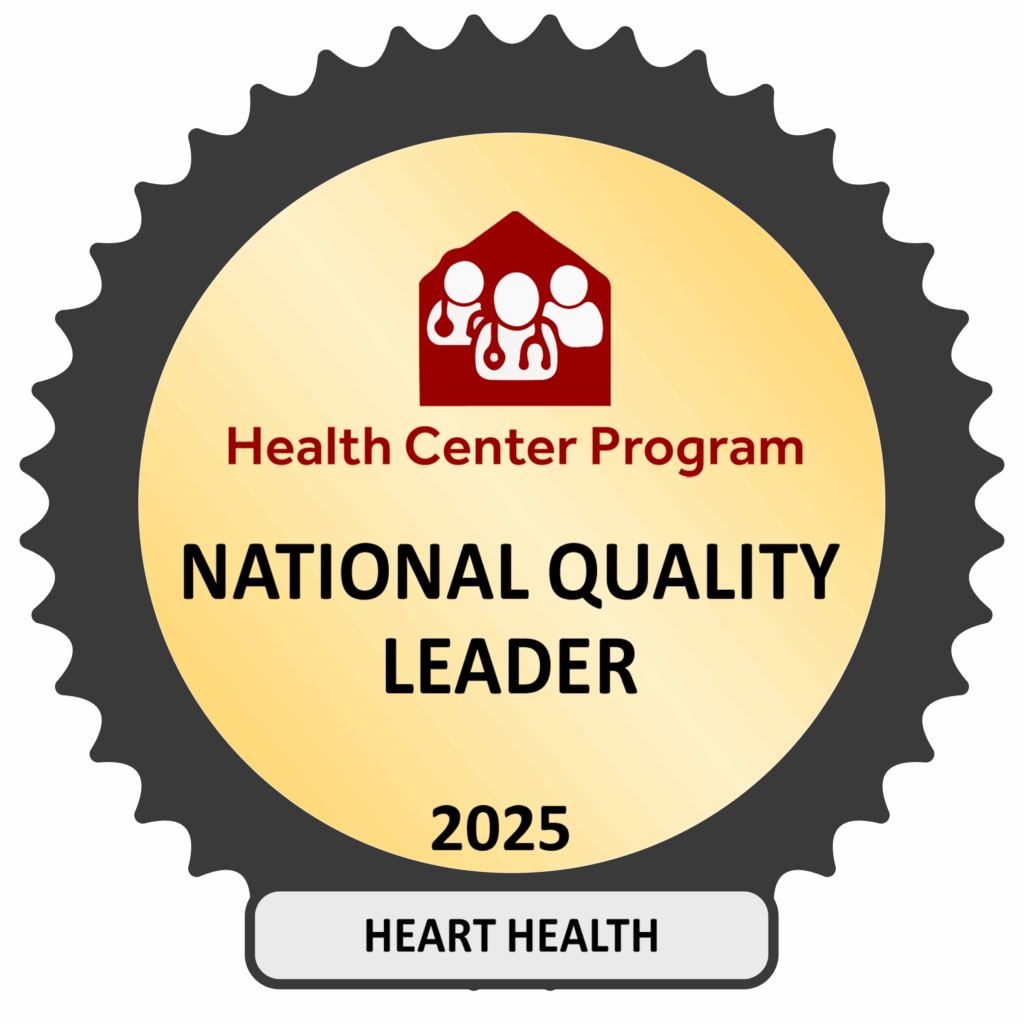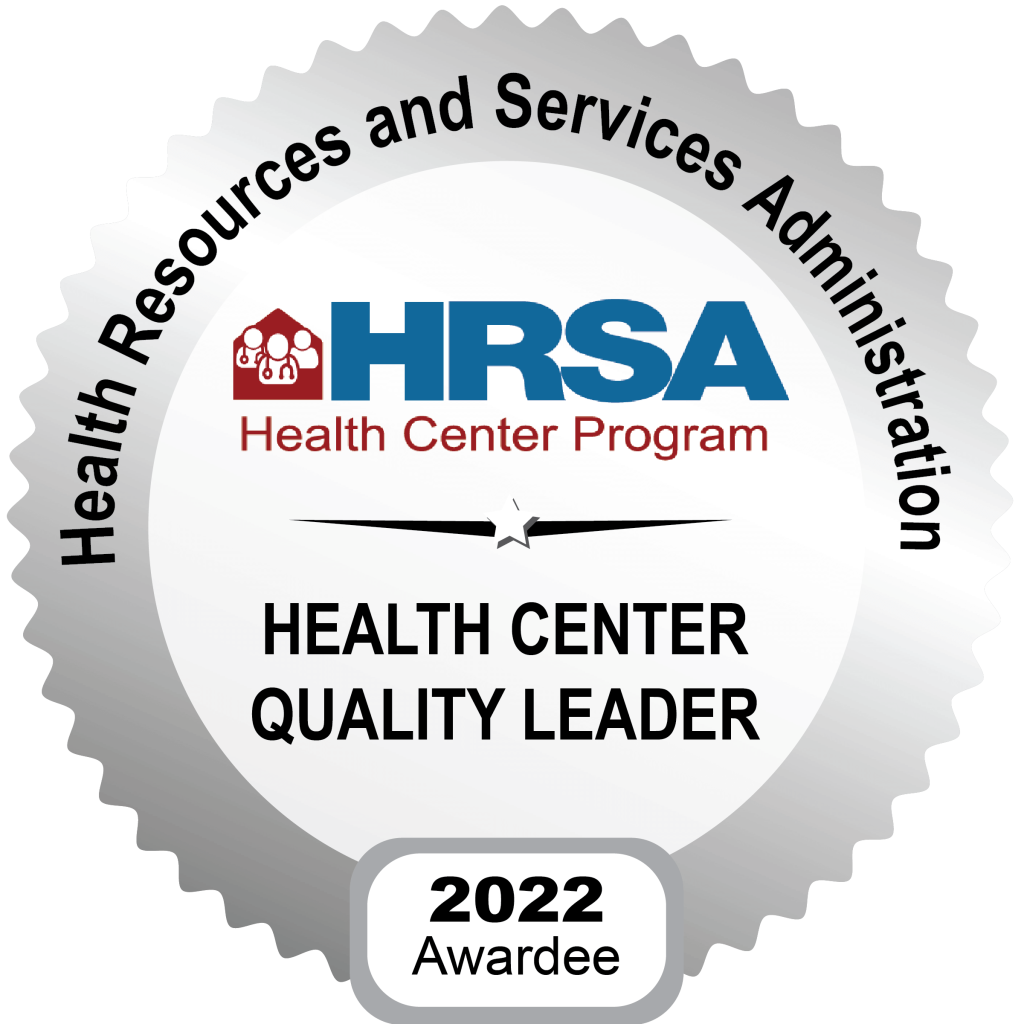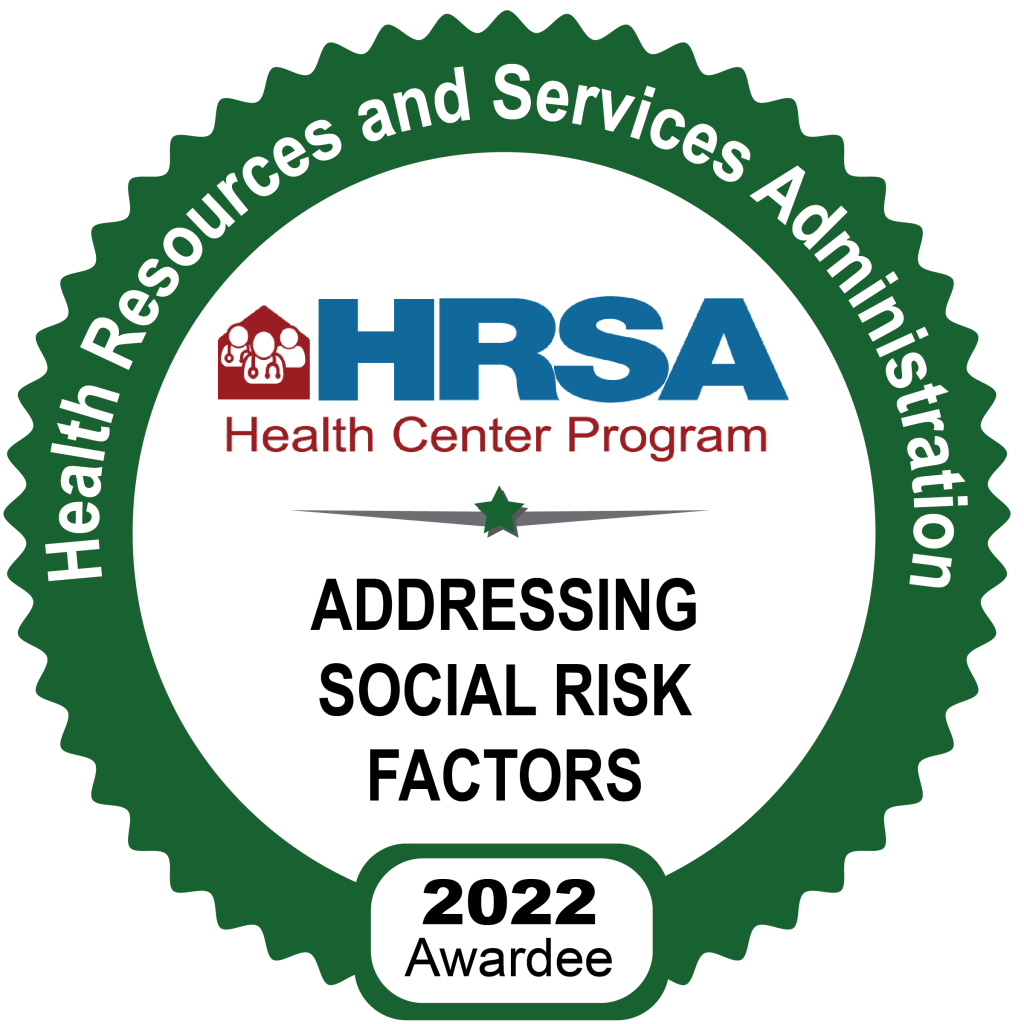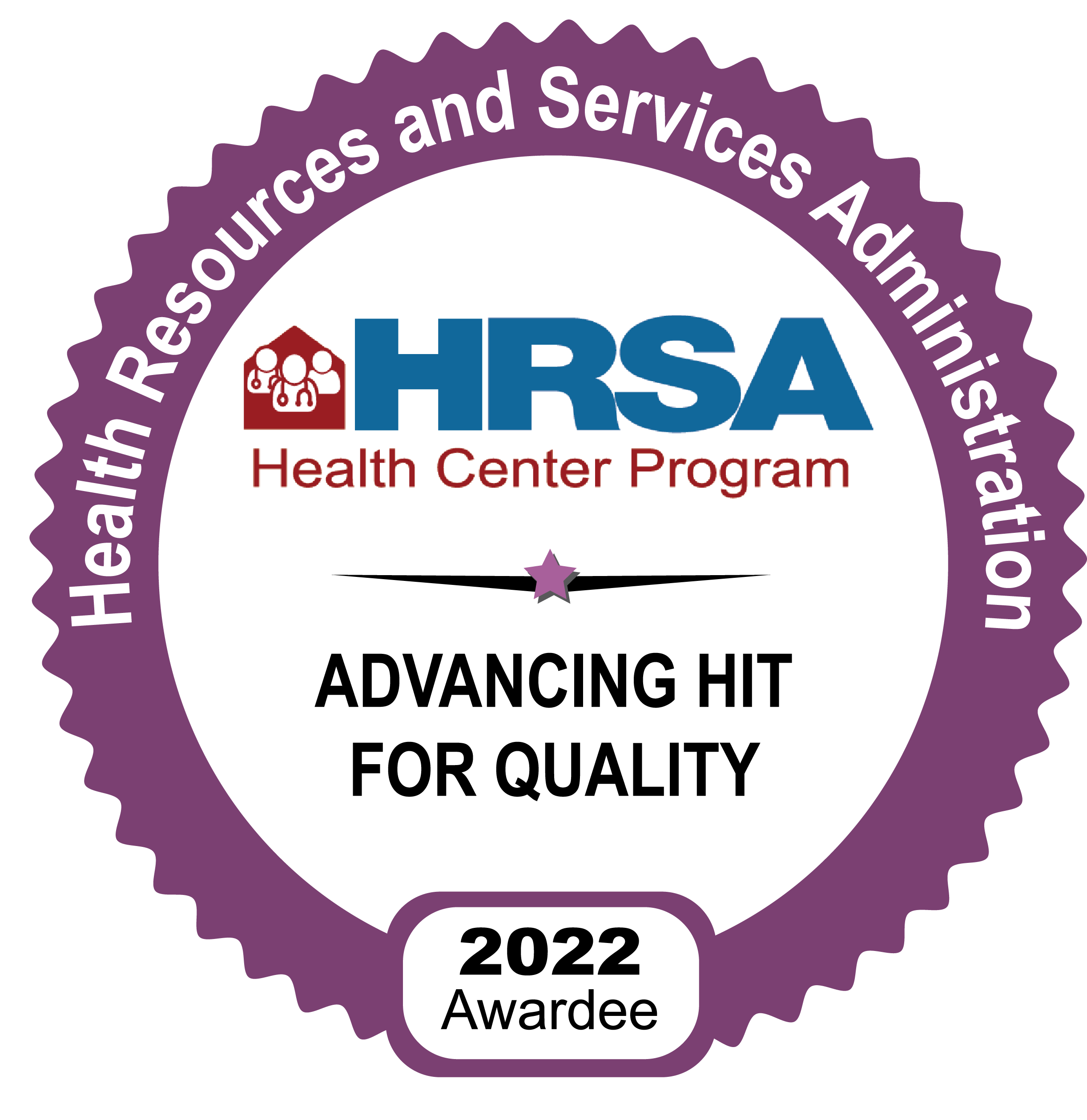What are germs?
Germs are microorganisms. This means that they can be seen only through a microscope. They can be found everywhere – in the air, soil, and water. There are also germs on your skin and in your body. Many germs live in and on our bodies without causing harm. Some even help us to stay healthy. But some germs can make you sick. Infectious diseases are diseases that are caused by germs.
The main types of germs are bacteria, viruses, fungi, and parasites.
How do germs spread?
There are different ways that germs can spread, including
- Through touching a person who has the germs or making other close contact with them, such as kissing, hugging, or sharing cups or eating utensils
- Through breathing air after a person with the germs coughs or sneezes
- Through touching the feces (poop) of someone who has the germs, such as changing diapers, then touching your eyes, nose, or mouth
- Through touching objects and surfaces that have germs on them, then touching your eyes, nose, or mouth
- From mother to baby during pregnancy and/or childbirth
- From insect or animal bites
- From contaminated food, water, soil, or plants
How can I protect myself and others from germs?
You can help protect yourself and others from germs:
- When you have to cough or sneeze, cover your mouth and nose with a tissue or use the inside of your elbow
- Wash your hands well and often. You should scrub them for at least 20 seconds. It is important to do this when you are most likely to get and spread germs:
- Before, during, and after preparing food
- Before eating food
- Before and after caring for someone at home who is sick with vomiting or diarrhea
- Before and after treating a cut or wound
- After using the toilet
- After changing diapers or cleaning up a child who has used the toilet
- After blowing your nose, coughing, or sneezing
- After touching an animal, animal feed, or animal waste
- After handling pet food or pet treats
- After touching garbage
- If soap and water are not available, you can use an alcohol-based hand sanitizer that contains at least 60% alcohol
- Stay home if you are sick
- Avoid close contact with people who are sick
- Practice food safety when handling, cooking, and storing food
Start Here
- Germs: Learn How Germs Work and What You Can Do to Protect Yourself (Mayo Foundation for Medical Education and Research)Also in Spanish
- Handwashing: Clean Hands Save Lives (Centers for Disease Control and Prevention)
- Hygiene Fast Facts: Information on Water-Related Hygiene (Centers for Disease Control and Prevention)
- When and How to Wash Your Hands (Centers for Disease Control and Prevention)Also in Spanish
Prevention and Risk Factors
- Eight Ways to Guard Against Germs in Everyday Life (Cystic Fibrosis Foundation) – PDF
- Hand Washing: Do’s and Dont’s (Mayo Foundation for Medical Education and Research)Also in Spanish
Related Issues
- Germs and Staying Healthy (Cystic Fibrosis Foundation)
Specifics
- Body Hygiene (Centers for Disease Control and Prevention)
- Clean Hands Save Lives: Emergency Situations (Centers for Disease Control and Prevention)Also in Spanish
- Hygiene Etiquette: Coughing and Sneezing (Centers for Disease Control and Prevention)
- If Soap and Water Are Not Available, Hand Sanitizers May Be a Good Alternative (Food and Drug Administration)Also in Spanish
- Steps of Healthy Swimming: Protection against Recreational Water Illnesses (RWIs) (Centers for Disease Control and Prevention)Also in Spanish
- Your Microbes and You
 (National Institutes of Health)
(National Institutes of Health)
Clinical Trials
- ClinicalTrials.gov: Disinfection
 (National Institutes of Health)
(National Institutes of Health) - ClinicalTrials.gov: Hand Hygiene
 (National Institutes of Health)
(National Institutes of Health) - ClinicalTrials.gov: Handwashing
 (National Institutes of Health)
(National Institutes of Health)
Journal ArticlesReferences and abstracts from MEDLINE/PubMed (National Library of Medicine)
- Article: Effectiveness of a Behavior Change Intervention with Hand Sanitizer Use and…
- Article: Microbiological contamination of young children’s hands in rural Bangladesh: Associations with…
- Article: Effect of Contextualized Versus Non-Contextualized Interventions for Improving Hand Washing, Sanitation,…
- Germs and Hygiene — see more articles
Children
- How Often Do Children Need to Take a Bath? (American Academy of Dermatology)
- What Are Germs? (Nemours Foundation)Also in Spanish
- Why Is Hand Washing So Important? (For Parents) (Nemours Foundation)
Teenagers
- Body Odor (For Young Women) (Children’s Hospital Boston)Also in Spanish
- Hand Washing (Nemours Foundation)
- Why Should I Care about Germs? (Nemours Foundation)Also in Spanish
Women
- Douching (Department of Health and Human Services, Office on Women’s Health)
Patient Handouts
- Cleaning supplies and equipment (Medical Encyclopedia)Also in Spanish
- Cleaning to prevent the spread of germs (Medical Encyclopedia)Also in Spanish
- Isolation precautions (Medical Encyclopedia)Also in Spanish
- Personal protective equipment (Medical Encyclopedia)Also in Spanish
